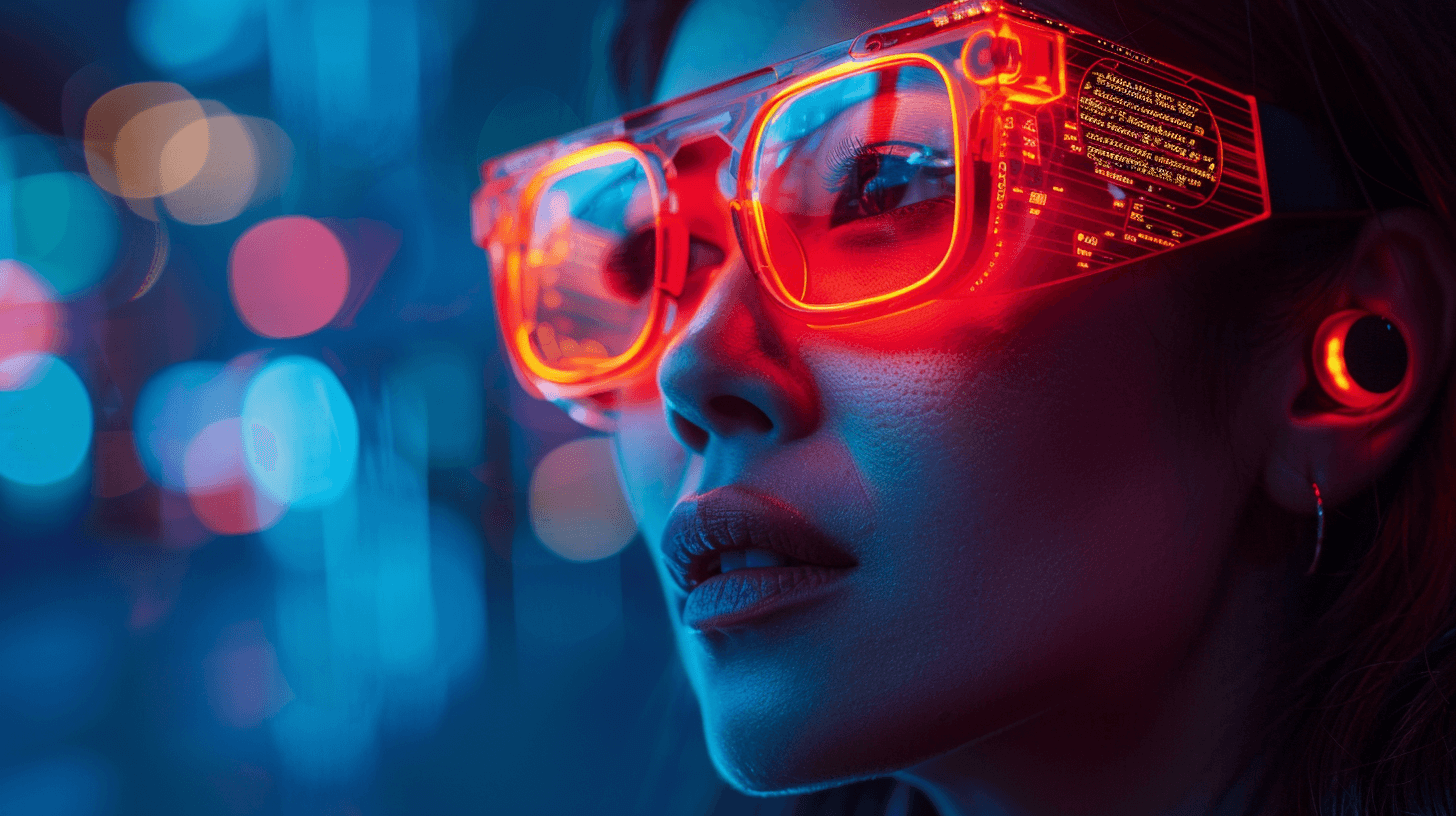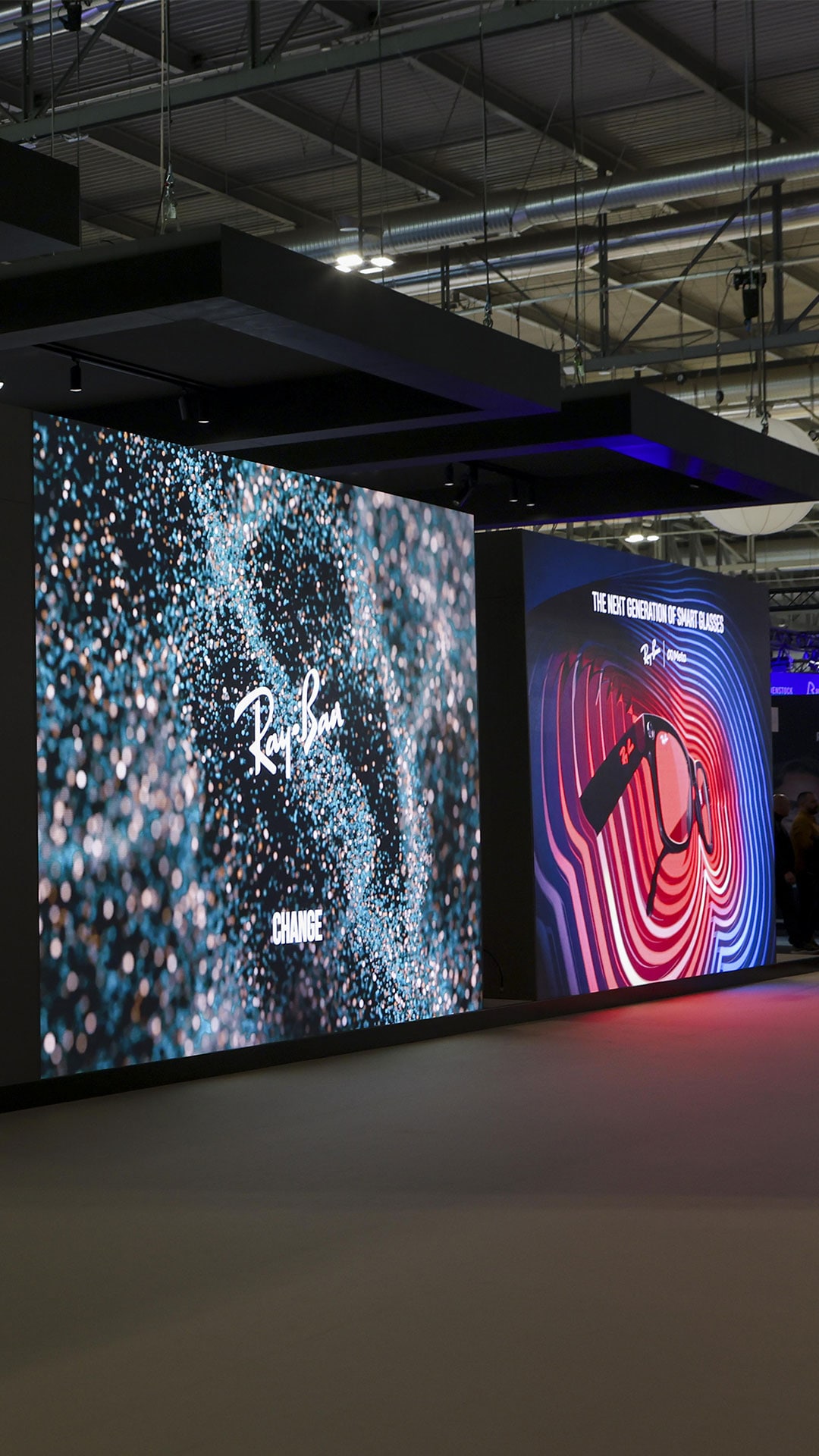Why 2025 could be the year of the 'smart glasses'
Smart glasses have had a tumultuous history. Google's Glass wearable, launched in 2013, faced criticism from early adopters before being withdrawn from sale twice. However, 2025 is poised to be the year of the resurgence for 'smart glasses', with tech giants like Google and Meta gearing up to re-enter the market.
The Evolution of Smart Glasses
Smart glasses, equipped with computing capabilities, often sync with smartphones to provide various services such as alerts. While current models offer audio alerts, the upcoming generation will feature built-in screens for on-screen notifications and app usage, including navigation prompts.
The Role of AI
Artificial Intelligence (AI) plays a pivotal role in powering the next wave of smart glasses. Companies like Meta are integrating AI functionalities into their smart glasses to enable real-time interactions with chatbots and advanced features like recipe assistance.

Industry Innovations
In 2025, multiple brands will unveil 'smart' glasses with built-in screens designed for apps, virtual reality experiences, and notifications. Meta's Orion prototype, boasting features like gesture control and interaction with external systems, exemplifies the cutting-edge technologies driving the smart glasses revolution.
Market Outlook
According to global technology market research firm Counterpoint, the AR+AI smart glasses market is set to gain momentum in late 2024 and 2025, signifying a significant expansion in the global AR smart glasses market.
With innovations like Android XR from Google and smart glasses prototypes from Oppo, the smart glasses landscape is poised for a transformative shift in 2025. As the boundaries between physical and virtual worlds blur, smart glasses are set to revolutionize user experiences and connectivity.











